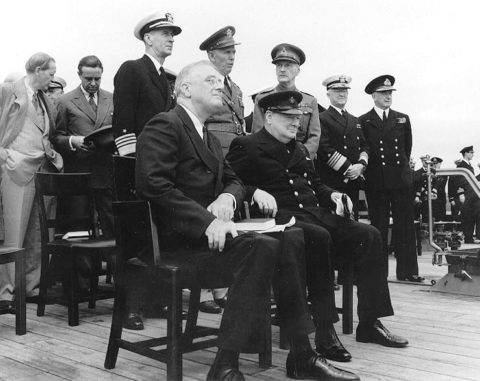At Spiked, Brendan O’Neill seems somehow underwhelmed by Kamala Harris and Tim Walz descending from Olympus to grace poor mortals as they appeared on CNN on Thursday night for their first big media appearance:
Yesterday, finally, the kween deigned to engage with her subjects. Yes, Kamala Harris did her first sit-down media interview since replacing Joe Biden on the Democratic presidential ticket nearly 40 days ago. For more than a month she’d maintained a monarchical distance from the grubby presses, flat-out refusing a one-to-one with any of its probing hacks. Now she’s relented and had an exclusive chat with CNN’s Dana Bash. The end result? Only one word will do, and it’s a word normally aimed at the other side: weird.
Seriously, can we talk about this shitshow? It is hands down the oddest “first big interview” I’ve seen with a candidate for high office. It took place at Kim’s Cafe in Savannah, Georgia and none of it made sense. Even the lighting was off – it’s the first time I’ve seen Kamala look bad. The angles were all wrong, meaning Harris, the supposed colossus of joy who will transform America, looked scrunched and tiny between Tim Walz and Ms Bash. And what was VP pick Walz even doing there? Chaperoning? “Strong, Capable Woman Asks Man To Come With Her To Job Interview In Case They Ask Any Hard Questions”, quipped the Babylon Bee.
They had no worries on that front. There were no hard questions. The ass-kissage was off the scale. Bash didn’t only give Harris easy questions – she gave her the answers, too. The most extraordinary moment was when she gently prodded Harris on her flip-flopping over policy. Finally, I thought, a tricky query. But then she told Harris what to say. “Is it because you have more experience now and you’ve learned more about the information?”, she wondered. The way Harris’s face lit up when she was handed this oven-ready excuse for her chameleon-like politics – even in the bad lighting you could see her glee at CNN’s servility to the Kamala cause.
A more objective broadcaster – hell, a kid with a camera fresh out of journalism school – would have dragged Harris for her vagueness. She issued flat platitudes. She engaged in Orwellian gobbledygook about how her policies might have changed but her “values” haven’t – eh? She spoke in tongues about climate change – it’s “an urgent matter to which we should apply metrics that include holding ourselves to deadlines around time”, she said, like a schoolkid padding out an essay with superfluous adjectives. And Bash just sat there, smiling. Maybe everyone in DC speaks like this?
Some of Harris’s volte-facing really is extraordinary. She once said she would ban fracking, now she says she won’t. And how on Earth did she go from comparing US Immigration and Customs Enforcement (ICE) to the KKK and saying “an undocumented migrant is not a criminal” to now saying we must sternly enforce our nation’s borders? “I think the most important and most significant aspect of my policy perspective and decisions is my values have not changed”, she said. There’s that padding again. Sixteen words in that sentence are unnecessary. And the remaining five – “My values have not changed” – are not true.













